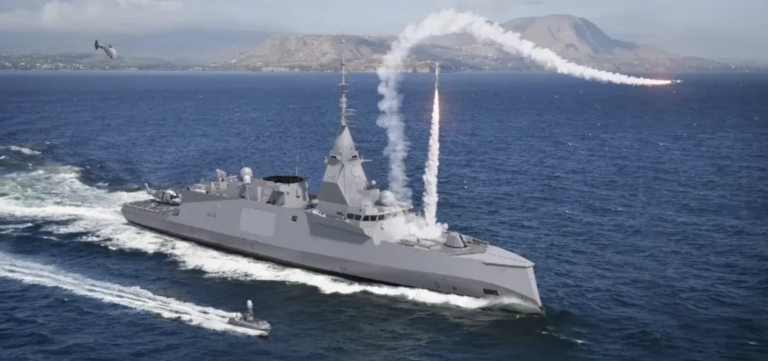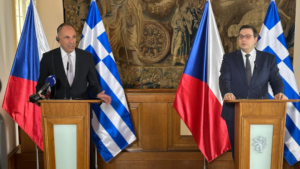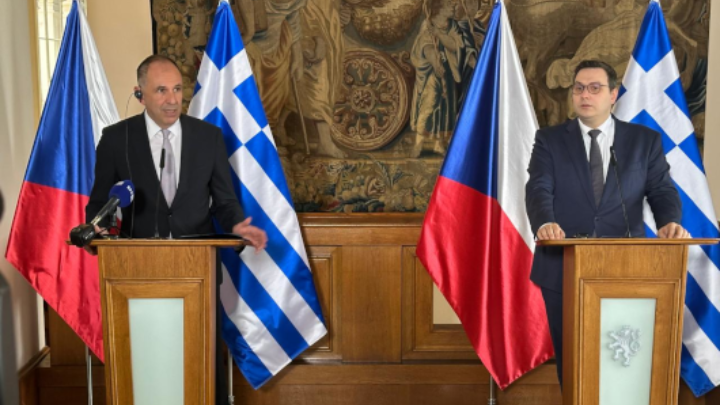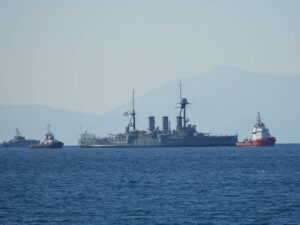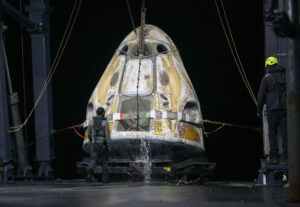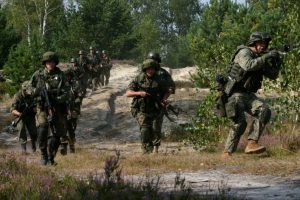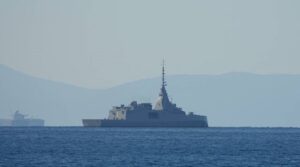Revisionism has no place in the modern world and must not be tolerated, Foreign Minister George Gerapetritis said on Thursday, during joint statements with Czech Foreign Minister Jan Lipavský in Prague, where he was on an official visit.
“Russian aggression is not just a threat for European security but also puts global peace and stability at risk,” he said, adding: “Greece will continue its unshaken, multidimensional support for Ukraine. This is a position based on our foreign policy of principles.”
Gerapetritis began his statement by strongly condemning the attack on Slovakian Prime Minister Robert Fico and wishing him a speedy recovery.
He went on to stress that Greece and the Czech Republich “share the same vision for a prosperous and peaceful Europe and we have the same concerns regarding the stability and security of our continent and further afield,” noting that the two countries are working together closely as partners in the EU and allies in NATO.
Noting that the current time was one of gathering wars and crises, Gerapetritis expressed Greece’s deep concern over the illegal and unprovoked Russian war on Ukraine, noting that things were at a critical point. He congratulated Prague for its steadfast commitment to supporting Ukraine, creating the fastest and most effective system for providing military aid from Europe.
“The crisis in Ukraine undermines peace and stability in Europe, while at the same time the crisis in Gaza is spreading in the Middle East.
The principles of humanism are being tested at this time, with tragic civilian victims,” he said.
Gerapetritis said that everything possible must be done to stop the hostilities, increase humanitarian aid and prevent a regional spillover of hostilities that will increase suffering and fuel global economic upheaval and refugee flows.
“This is one more reason why we must, in Europe, tackle the common challenge of the migration and refugee crisis,” he added.
Gerapetritis said that the discussion with Lipavský had also explored the potential for further cooperation in their already excellent bilateral relations in economic affairs, investment, trade and energy.
“Greece is working hard to support the diversification of European energy routes, especially in the aftermath of the Russian invasion of Ukraine. Our strategic infrastructure, the connections of the vertical natural gas corridors, the operation of the Greek LNG terminal in Revythousa and the new FSRU in Alexandroupolis are of vital importance and necessary for reinforcing European energy security and autonomy,” he said.
He also referred to the possibilities arising from the geostrategic position of the two countries, saying that they will explore the prospects for cooperation via the Three Seas Initiative, as well as the flow of tourists between the two countries. Gerapetritis expressed Greece’s gratitude for the Czech Republic’s promise to support its candidacy for the UN Security Council in 2025-2026.
Asked about the latest developments in North Macedonia, he repeated that Greece supports the enlargement of the EU to the Western Balkans, provided that the candidate countries respect the milestones and European principles. In the case of North Macedonia, he added, this means full compliance with the Prespa Agreement, which includes the exact name by which that country is referred to.
“Greece is closely monitoring the situation in North Macedonia. We ask the government and president of North Macedonia to fully implement the Prespa Agreement. We are open to further discussion but no concessions in the prerequisites can be tolerated,” he said.
Lipavský: Greece is a key for the Eastern Mediterranean
The Czech foreign minister highlighted the close cooperation with Greece in the EU and NATO, as well as the prospects for further increasing bilateral trade and investments, while noting that the two countries share the same values regarding democracy and are both working to curb Russian aggression. “Russian expansionism will not stop in Ukraine,” he said.
He said it was essential for Europe to unite on the issue of sanctions against Russia, while hailing Greece as a “key in the Eastern Mediterranean” and welcoming, for this reason, the process of rapprochement between Greece and Turkiye.
